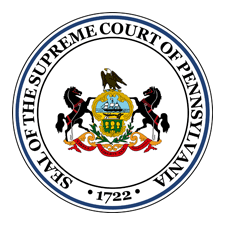The Firm co-counseled this class action against a predatory lender who deprived consumers of their right to rescission under the federal Truth-In-Lending Act through the use of a deceptive “two-contract scheme” whereby a home improvement company named Fredmont Builders targeted low income areas, going door-to-door promoting a program of home improvements and repairs which the sales people claimed were associated with the federal government. The Court certified a class of over three hundred consumers and, following further litigation, the parties reached a settlement involving rescission of mortgages and payment of damages, with a total settlement value in excess of $1,000,000.
Second Amended Complaint: Empire Funding







 Michael D. Donovan Selected to Pennsylvania Super Lawyers 2004-2025
Michael D. Donovan Selected to Pennsylvania Super Lawyers 2004-2025